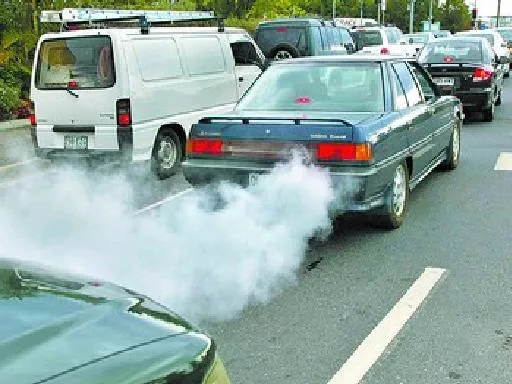The planned introduction of congestion charges in Copenhagen will not have a major impact on air quality according to Kåre Press-Kristensen, traffic expert at Denmark's Ecological Council (Det Økologiske Råd).
April 30, 2012
Read time: 1 min
The planned introduction of congestion charges in Copenhagen will not have a major impact on air quality according to Kåre Press-Kristensen, traffic expert at Denmark's 5352 Ecological Council (Det Økologiske Råd). Congestion charges will help reduce emissions but not by as much as they will reduce traffic, he says. The reason is that the charges will primarily keep private cars out of the city and these tend to be new, petrol driven vehicles with realtively low emissions. Diesel driven taxis, delivery trucks and buses will however, continue to operate in the city, spewing out nitrogen and dangerous particles. Press-Kristensen estimates emissions will fall 7-10% with congestion charges while traffic may be reduced by as much as 25%.Steen Solvang Jensen, senior researcher at the Department of Environmental Science at 5353 Aarhus University agrees with Press-Kristensen and says commercial traffic will continue despite a congestion charge.







